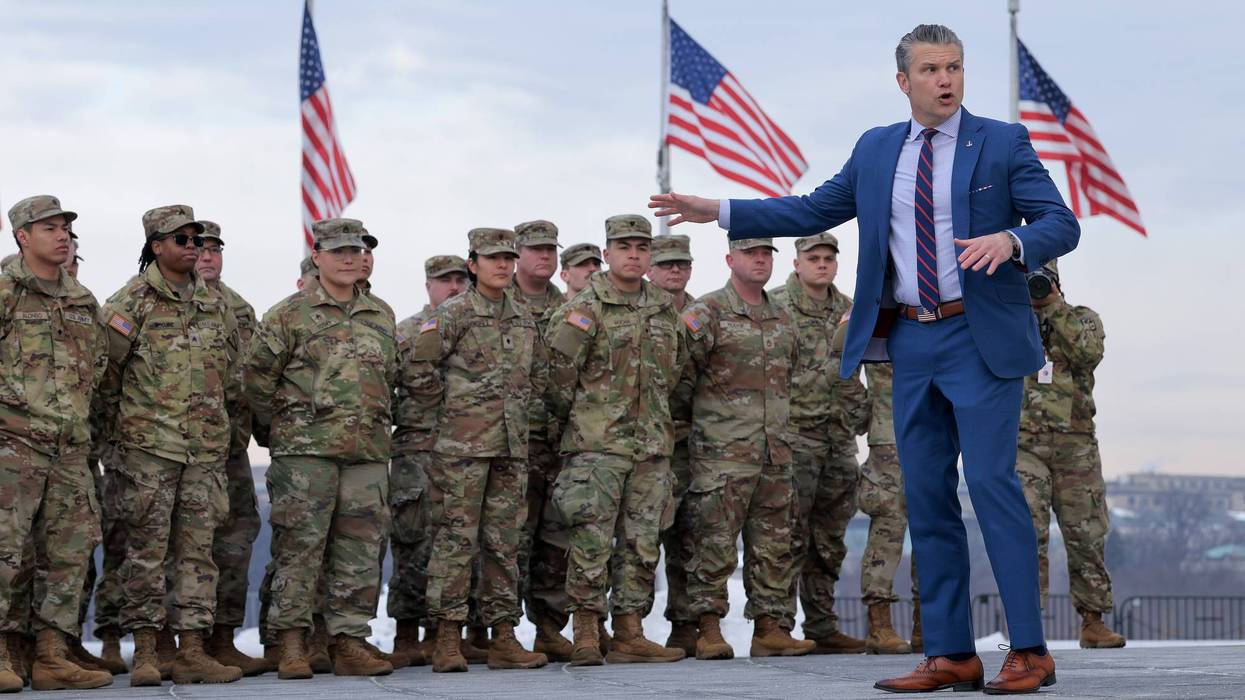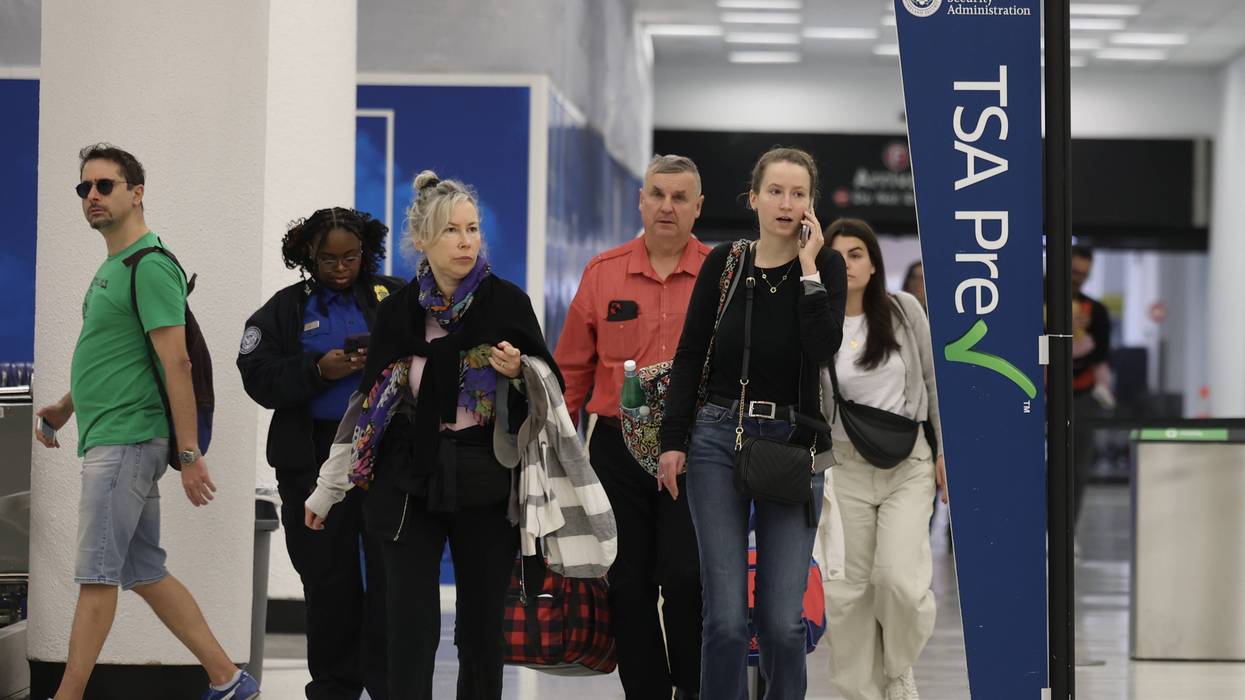Elite security forces controlled by the military office of Prime
Minister Nuri al-Maliki of Iraq are operating a secret detention site in
Baghdad, Human Rights Watch said today. The elite forces are also
torturing detainees with impunity at a different facility in Baghdad,
Human Rights Watch said.
Beginning on November 23, 2010, and continuing over the next three to
four days, Iraqi authorities transferred more than 280 detainees to a
secret site within Camp Justice, a sprawling military base in northwest
Baghdad, interviews and classified government documents obtained by
Human Rights Watch reveal. The Army's 56th Brigade, also known as the
Baghdad Brigade, and the Counter-Terrorism Service, both under the
authority of the prime minister's office, control this secret site. The
hurried transfers took place just days before an international
inspection team was to examine conditions at the detainees' previous
location at Camp Honor in the Green Zone. Human Rights Watch has also
obtained a list of more than 300 detainees held at Camp Honor just
before the transfer to Camp Justice. Almost all were accused of
terrorism.
"Revelations of secret jails in the heart of Baghdad completely
undermine the Iraqi government's promises to respect the rule of law,"
said Joe Stork, deputy Middle East director at Human Rights Watch. "The
government needs to close these places or move them under control of the
justice system, improve conditions for detainees, and make sure that
anyone responsible for torture is punished."
The Iraqi government should immediately close the facilities or
regularize their position and make them open for inspections and visits,
Human Rights Watch said.
Approximately 80 of the 280 detainees are being held by the 56th
Brigade at the secret site at Camp Justice and have had no access to
lawyers or family members. Prison inspectors are not permitted to
conduct visits to the section of the facility controlled by the 56th
brigade, prompting fresh concerns that the brigade may be torturing
detainees. According to government sources, the Counter-Terrorism
Service is holding the 200 remaining transferred detainees, although the
56th Brigade maintains primary responsibility for security at the site
in Baghdad's Kadhmiya neighborhood.
In one of the 18 documents obtained by Human Rights Watch, a letter
from the prosecutor's office of the Higher Judicial Council asks the
Office of the Prime Minister to instruct officials at the Camp Justice
site to stop preventing prison inspectors and relatives from visiting
detainees. The letter, dated December 6, 2010, says such a refusal
"meets neither legal nor humanitarian standards, unless [the refusal is]
specifically ordered by a judge at a specialized court."A second
letter, dated January 13, 2011, from the justice minister to the Office
of the Commander in Chief of the Armed Forces, through which the prime
minister controls Iraqi security forces, stated that a 56th Brigade
officer prevented prison inspectors from the Human Rights Ministry from
visiting the site.
The secret detention site is located within a legitimate Justice
Ministry detention facility at Camp Justice, known as Justice 2 (Sijn
al-Adaleh 2), which holds just over 1,000 other detainees. Camp Justice
is the site of the former "Fifth Department" (al-Sha'ba al-Khamsa)
intelligence office notorious during the rule of Saddam Hussein for
torture and disappearances. The former dictator was executed there in
2006.
Camp Honor, from which the detainees were transferred, became the subject of media scrutiny on January 23, after the Los Angeles Times
uncovered abuse there and described the conditions as "miserable." The
article said detainees were held in cramped windowless cells that reeked
of human excrement.
Recent interviews by Human Rights Watch of more than a dozen former
detainees from Camp Honor had documented how detainees are held
incommunicado and in inhumane conditions, often for months at a time.
Detainees described in detail the wide ranging abuses they endured
during interrogation sessions at the facility, usually to extract false
confessions. They said interrogators beat them, hung them upside down
for hours at a time, administered electric shocks to various body parts,
including the genitals, and asphyxiated them repeatedly with plastic
bags put over their heads until they passed out.
In interviews with Human Rights Watch in December, former detainees described the abuse at Camp Honor:
- One detainee said on December 26 that: "The cell was so crowded that
we had to take turns standing and lying down, and would try to let
someone lie down if they were an old man, or especially if they had just
been brought back from interrogation. Then we usually could not stand."
- Another said on December 18 that: "I was blindfolded and put on the
floor, face-down with my hands tied tightly behind my back. The
interrogator stepped on my arms, and put more and more weight down on
them until I was screaming."
- A third detainee, who had been held in Camp Honor the summer of
2010, said in a December 27 interview that: "My hands were tied over my
head and my feet were put in water, then they shocked me in my head and
my neck and my chest. The interrogators beat me repeatedly and told me
that they would go to my house and rape my sister if I did not sign a
confession, so I did. I did not even know what I was confessing to."
In response to the Los Angeles Times article, which said
Camp Honor is run by the 56th Brigade and the Counter-Terrorism Service,
Iraq's deputy justice minister, Busho Ibrahim, told Agence
France-Presse on January 24 that his ministry alone controlled the site.
"It is my responsibility, and I deny all these accusations - they are
all lies," he said. "Families can visit their sons or husbands, lawyers
can visit them regularly. It's like any other prison run by the Justice
Ministry."
He reiterated, "It is not true that it follows Maliki's orders - it is run by the Justice Ministry."
However, documents obtained by Human Rights Watch refute government
claims that Camp Honor is controlled by the Justice Ministry. In one
classified document dated August 2, 2010, the former justice minister,
Dara Nour al-Din, requested that his staff obtain approval from the
Office of the Commander in Chief of the Armed Forces to transfer
detainees from Camp Honor, demonstrating the ministry's subordinate role
at the facility.
In the note to his staff, the justice minister asks them to write a
letter to the Office of the Commander in Chief of the Armed Forces
"requesting permission for custody of the prisoners to be turned over"
to the ministry so they can be transferred elsewhere. The document
indicates that the issue arose after Deputy Justice Minister Ibrahim
acknowledged that his ministry could not transfer detainees due to
external interference, particularly from military interrogators.
Another document, from October 2010, signed by Ibrahim himself, says
the ministry "has no objection to allowing lawyers and families to visit
detainees" at Camp Honor but that, "it is only the tough security
measures implemented by the Defense Ministry/56th Brigade section [of
the prison] and the Counter-Terrorism administration section, and also
the location of the prison in the Green Zone, that has prevented this."
In response to the Los Angeles Times article, Ibrahim also
said that the International Committee of the Red Cross (ICRC) had
visited the Camp Honor prison. But when contacted by Human Rights Watch,
the ICRC spokesperson, Graziella Leite Piccolo, said that ICRC had not
been able to visit Camp Honor because the government had not met the
organization's criteria for such site visits, including access to the
entire facility and its detainees.
"It is important to note that, even if we had been able to visit, a
visit alone is not a certificate of validation, but part of a process,"
she said. Government sources told Human Rights Watch that authorities
have prevented the Human Rights Ministry from conducting any prison
inspections at Camp Honor for more than a year.
Several government sources said that although the 56th Brigade, and
its sibling, the 54th Brigade, technically fall under Defense Ministry
administration, the brigades' chain of command bypass the ministry. They
do not report to the defense minister or army chief of staff, but
instead to Maliki through the Office of the Commander in Chief of the
Armed Forces. Through this office, the prime minister also controls the
Counter-Terrorism Service, which falls under no ministry and is not
governed by any legislation. The Counter-Terrorism Service works closely
with US Special Forces.
Military officers and officials from both the Defense and Interior
ministries told Human Rights Watch that the 56th Brigade and the
Counter-Terrorism Service routinely conduct operations, including mass
arrests and detentions, without notifying the security ministries. A
high-level Interior Ministry officer told Human Rights Watch on December
18 that these units "create confusion and a dangerous atmosphere where
special units who have a separate authority storm in and take people."
The official said that regular security forces were afraid of these
elite forces.
Another official, from the Defense Ministry, told Human Rights Watch
on January 23 that contrary to the usual practice, in which security
forces process detainees through the main prison system, the 56th and
54th Brigades often refuse to give up their prisoners.
"Their families and lawyers cannot visit them," he said, "and sometimes cannot even find out if they are dead or alive."
Defense Ministry officials interviewed by Human Rights Watch said
there is close cooperation between the 56th and 54th Brigades, commonly
referred to by military and police as "Maliki's forces." Prisoners
arrested and initially held in the prison run by one brigade are often
transferred to the prison run by the other.
An Interior Ministry official told Human Rights Watch on January 13
that "people come to police stations or prisons looking for their family
members who have been arrested. If we find out they were taken by
Maliki's forces, we don't get any information about them or have
jurisdiction to do anything."
Last year, the Human Rights Ministry uncovered a secret prison run by
the 54th Brigade, with the assistance of the 56th Brigade, in the old
Muthanna airport in Western Baghdad. In April, Human Rights Watch
interviewed 42 detainees who had been tortured at this facility over a
period of months. The secret prison held about 430 detainees who had no
access to their families or lawyers. The prisoners said security forces
personnel kicked, whipped, and beat them, asphyxiated them, gave them
electric shocks, burned them with cigarettes, and pulled out their
fingernails and teeth. They said that interrogators sodomized some
detainees with sticks and pistol barrels. Some young men said they had
been forced to perform oral sex on interrogators and guards, and that
interrogators forced detainees to molest one another sexually.
A US Embassy cable viewed by the Los Angeles Times stated
that 56th Brigade interrogators had been sent to Muthanna from Camp
Honor. A separate cable said the brigade "reports directly to the prime
minister's office."
At the time, Maliki described the prison at Muthanna as a transit site under the control of the Defense Ministry.
However, a high-ranking Defense Ministry official distanced his
ministry from the allegations of torture at Muthanna. In a classified
letter to the Human Rights Ministry dated May 3, 2010, and seen by Human
Rights Watch, Saleh Sarhan, general secretary to the defense minister,
wrote: "Our ministry has no relationship with those military
investigation committees nor to the Sur Ninewa [Muthanna] Detention
Center, because both are attached to the Office of the Commander in
Chief of the Armed Forces."





